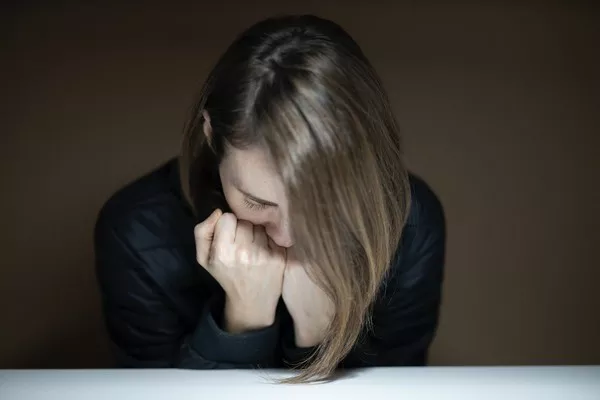Crowd anxiety, also known as social anxiety disorder or social phobia, is a condition in which a person experiences intense fear and discomfort in social situations. While many people may feel nervous or uncomfortable in crowds, those with crowd anxiety experience overwhelming levels of anxiety that can interfere with their daily lives. In this article, we will explore the causes, symptoms, and coping strategies for crowd anxiety.
Causes of Crowd Anxiety
Crowd anxiety can be caused by a combination of factors, including:
- Fear of loss of control: When in a crowded space, people may feel they don’t have control over their environment, which can trigger anxiety.
- Fear of being trapped: People with crowd anxiety may worry about being stuck in a crowded place and not being able to escape if needed.
- Fear of harm or violence: The possibility of danger or violence in a crowded space can also cause anxiety, especially for individuals who have experienced trauma or have a history of anxiety.
- Social anxiety: Some people may experience anxiety in crowds due to social anxiety or a fear of being judged by others.
- Overstimulation: Crowds can be overwhelming for some individuals, leading to sensory overload and anxiety.
- Previous traumatic experiences: Individuals who have experienced trauma in crowded or public spaces may develop crowd anxiety as a result.
- Generalized anxiety disorder: People with generalized anxiety disorder may experience heightened anxiety in crowds as a symptom of their condition.
Claustrophobia: Individuals with claustrophobia may experience anxiety in crowded or confined spaces.
Symptoms of Crowd Anxiety
The symptoms of crowd anxiety can vary from person to person but typically include:
- Increased heart rate: Feeling your heart racing or pounding can be a symptom of crowd anxiety.
- Shortness of breath: Difficulty breathing or feeling like you can’t catch your breath can also be a sign of crowd anxiety.
- Sweating: Excessive sweating, even when it’s not hot or physically exerting, can be a symptom of anxiety in crowds.
- Nausea or dizziness: Feeling dizzy or nauseous can be caused by anxiety in crowded spaces.
- Feeling lightheaded or faint: Anxiety can cause a drop in blood pressure, which can make you feel lightheaded or faint.
- Panic attacks: Some people may experience panic attacks in crowded spaces, which can include symptoms such as chest pain, trembling, and a sense of impending doom.
- Avoidance behavior: People with crowd anxiety may avoid going to places with large crowds or may leave crowded places early to escape their anxiety.
- Negative thoughts: Anxiety can cause negative thoughts, such as worrying about what could go wrong, feeling that something bad is going to happen, or thinking that others are judging you.
Coping Strategies for Crowd Anxiety
There are several strategies that can help manage and overcome crowd anxiety, including:
- Exposure therapy
Exposure therapy is a type of behavioral therapy where the person gradually exposes themselves to social situations that trigger their anxiety. With repeated exposure, the brain learns to tolerate the situation without reacting with anxiety.
- Cognitive-behavioral therapy (CBT)
CBT is a type of talk therapy that helps people change negative thought patterns and behaviors associated with crowd anxiety. This can help individuals develop coping mechanisms and reduce anxiety levels.
- Relaxation techniques
Relaxation techniques such as deep breathing, progressive muscle relaxation, and meditation can help calm the body’s physical response to anxiety.
- Medication
In some cases, medication may be prescribed to help manage the symptoms of crowd anxiety. These may include antidepressants or anti-anxiety medications.
- Lifestyle changes
Healthy lifestyle choices such as exercise, a balanced diet, and proper sleep hygiene can contribute to overall mental health and reduce symptoms of anxiety.
Crowd anxiety is a common condition that can interfere with daily life. It is important to seek treatment if symptoms persist. There are several effective treatments and coping strategies to manage crowd anxiety, including exposure therapy, cognitive-behavioral therapy, relaxation techniques, medication, and lifestyle changes. With proper support and guidance, those living with crowd anxiety can learn to manage their symptoms and lead fulfilling lives.
Related Topics:



























